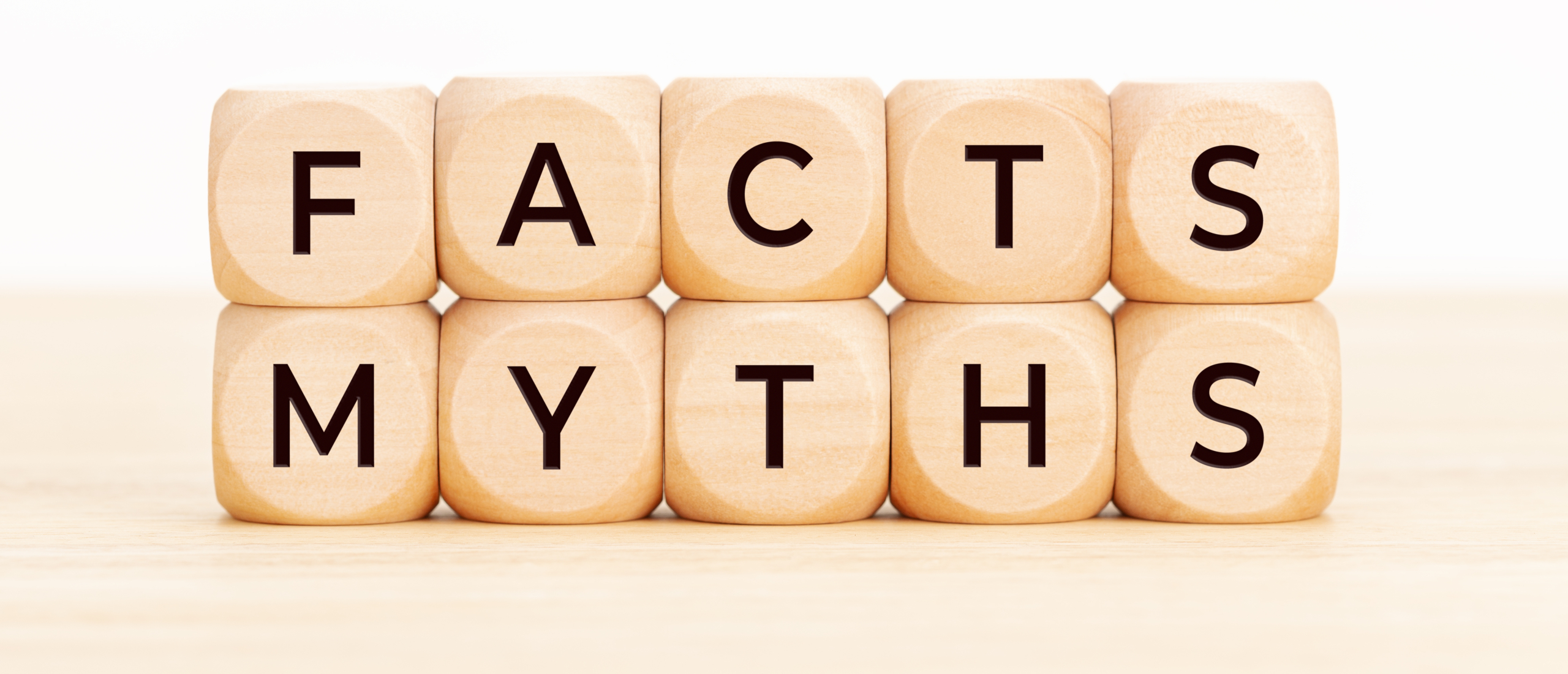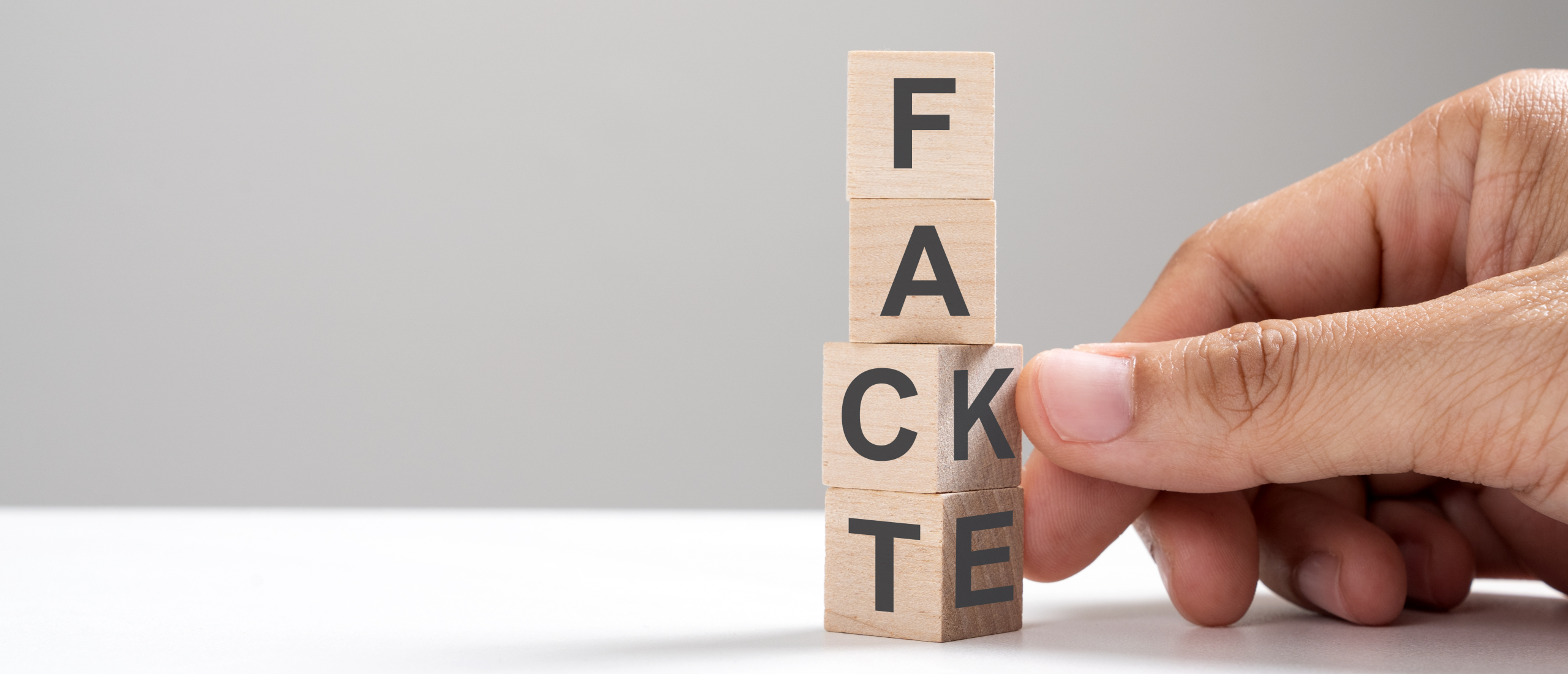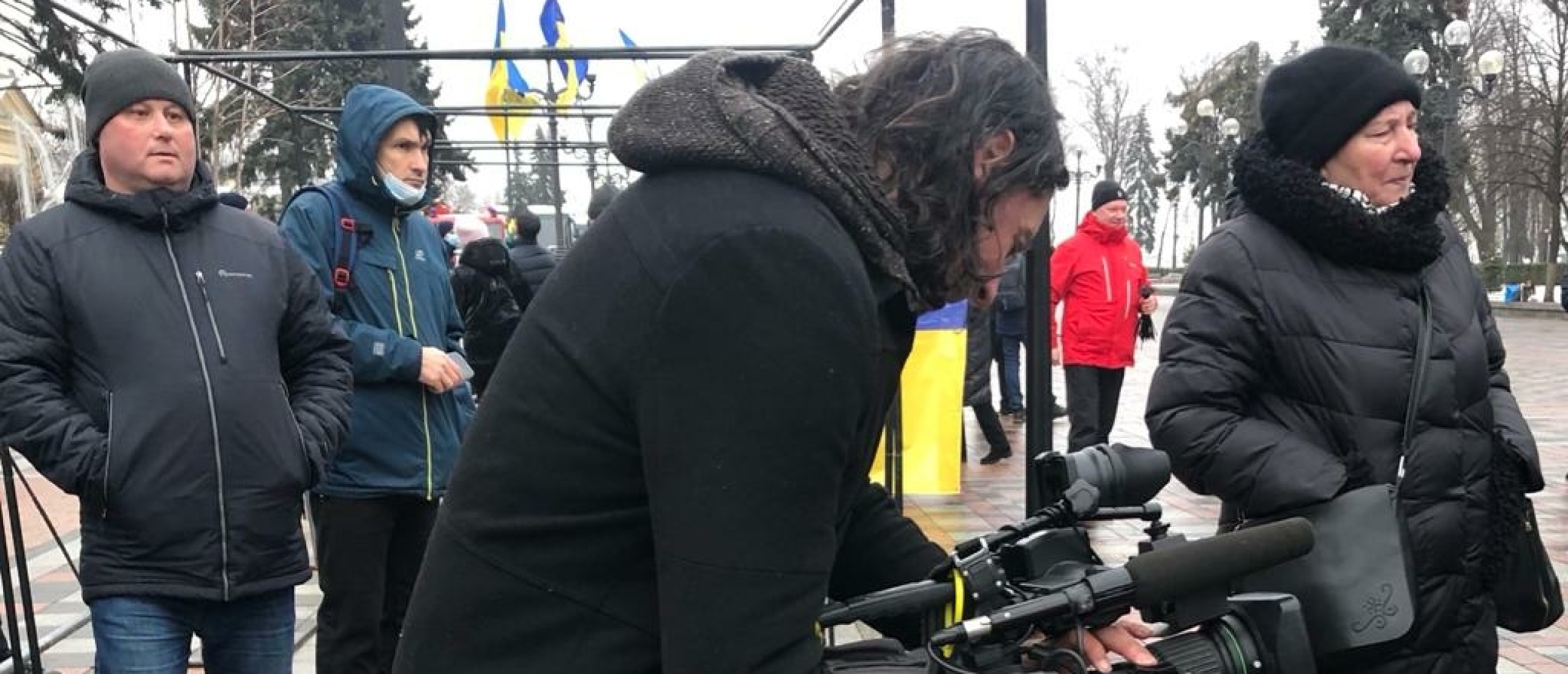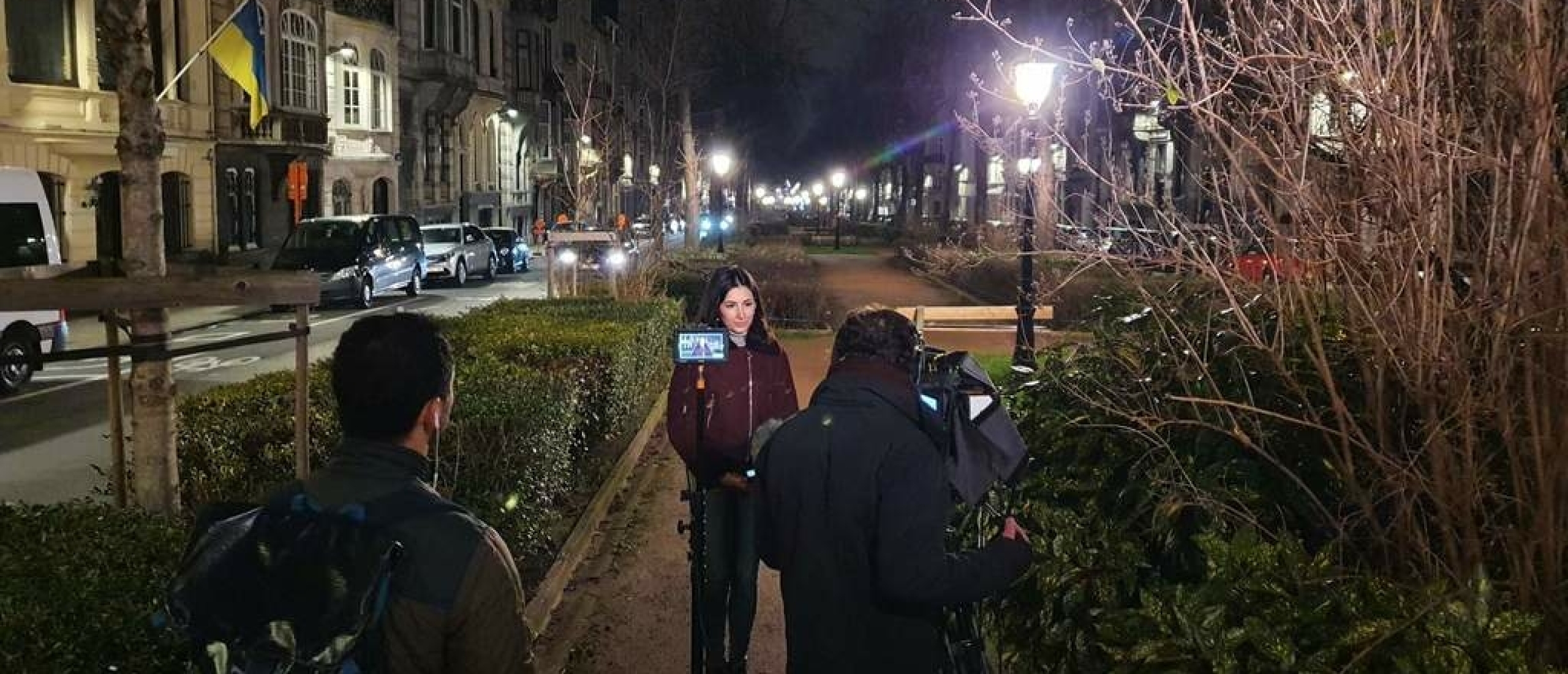The threat of a Russian invasion of Ukraine is currently dominating headlines around the world.
As usual, the situation on the ground is more complicated than it seems. At such times, accurate and insightful reporting is more important than ever.
Here are 3 tips to bear in mind when reporting on Ukraine.
1) Look at the context
Context makes all the difference when reporting on the situation in Ukraine. Even a word such as “conflict” is biased in itself, since for some, conflict simply doesn’t cover the load. Ukrainians and experts alike agree that Ukraine has been at war with Russia since the annexation of Crimea in 2014 and the Russian occupation of Donbass and Lugansk.
What’s happening at the moment isn’t necessarily the potential start of a war, only an extension of an already existing one.
So, a little nuance doesn’t hurt when writing headlines and stories! On top of that, hybrid warfare with cyberattacks and false bomb scares, can also be considered as acts of war. So, depending on how you look at it, you might get a different perception of gravity of what is going on in Ukraine. So, a little nuance goes a long way!
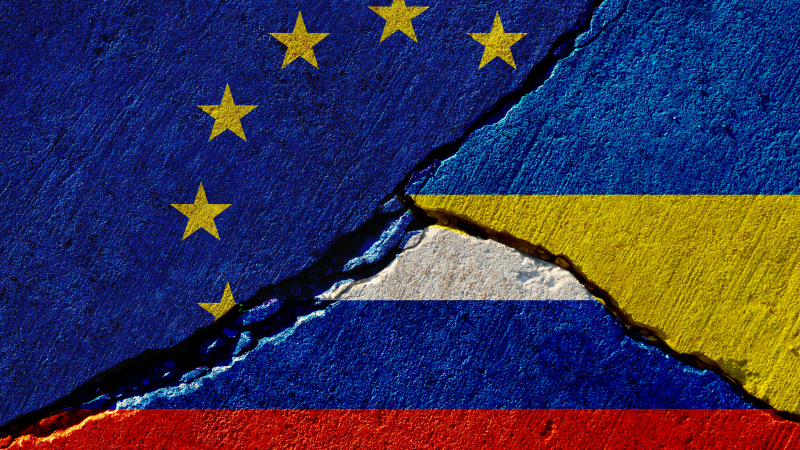
2) What’s the lingo?
Knowledge of the local language situation is key. While most know Ukrainian and Russian are the main languages spoken in Ukraine, there are many other minority languages spoken in the country. From Polish in Lviv, to Hungarian in the West and Romanian in the South of the country.
Moreover, take note that a lot of Ukrainians speak both Russian and Ukrainian or a mixture called Surzhyk (Ukrainian: сyржик), which combines both. However, language use in a region doesn’t mean they share the pro-Ukrainian or pro-Russian point of view!
Well arranged local translators and fixers can be an true asset to a story.
3) Watch out for disinformation!
Check and double check is our motto. The huge amount of media focus on Ukraine also makes for more disinformation going around. Fact-checking and verification are indispensable in any kind of reporting, but especially where Ukraine is concerned.
It is no secret that Russian media are notorious for spreading “alternative facts”. While it’s crucial to look at non-Western sources, it’s also without question some of them have hidden agendas. Luckily for us, there are several interesting projects that keep count of disinformation in the region and help you keep an eye out for it.
How can we help?
Journalists these days have to be like octopuses, managing 5 things at once and watching out for disinformation . But with some help from our Research team, a lot can be done.
We are experienced in journalistic research, fact-checking and can bring a creative and fresh look to your stories in Ukraine, Brussels or beyond.



